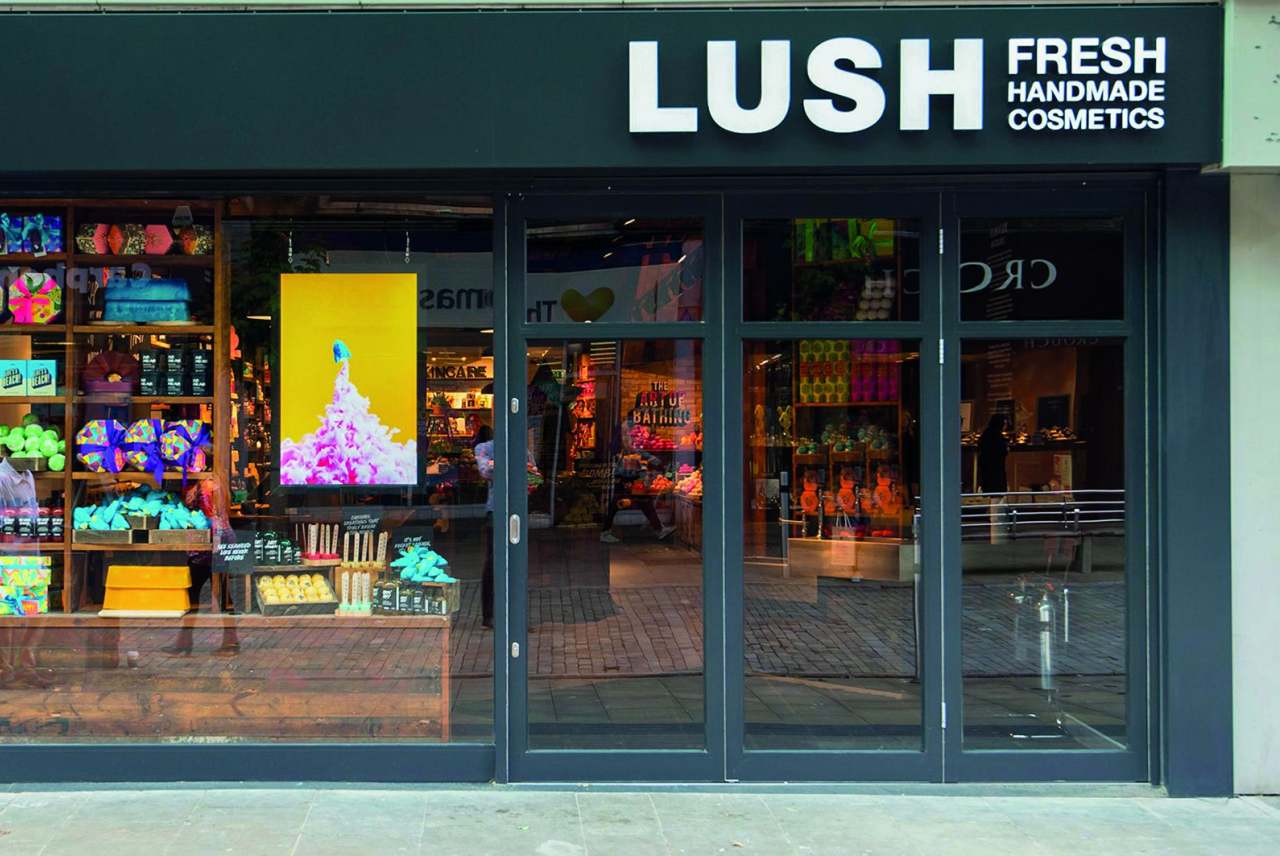March and April have been difficult months for many ethical businesses as sales plummet, some staff are off sick, and others are reducing hours to care for loved ones.
The coronavirus has had an unparalleled impact on the economy with just about every business impacted in some way. The cosmetics and toiletries sector has been impacted like any other and it’s clear that the virus is having a big impact on sales, both positive and negative.
“Sunscreen sales have dropped over 50% on last year’s figures” Tania from Not the Norm told us. “I have delayed production, and many of the independent retailers I supply are now closed, so they are not buying stock in.”
Lush, one of the larger companies we spoke to, has faced similar issues but on a much larger scale.
Karl Bygrave from Lush explained that, normally, being a global operation means that, if there are problems in one country or region, the businesses in the other countries provide financial security at that time of crisis.
“It is striking how quickly almost every corner of the globe became affected in a similar way and our business worldwide is facing the same impacts simultaneously.”
Furloughing staff
This has had an inevitable impact on staff. Lush has around 35,000 staff, and shops in roughly 50 countries. When we spoke to him (at the beginning of April), Karl explained that it has pretty much closed all operations around the world, leaving staff sitting at home.
He told us that Lush “has made use of the financial support offered where this is appropriate, to help us furlough staff through this difficult period where minimal funds are flowing through the business.” Hilary Jones, Lush Ethics Director added:
“We are really grateful for the help that many governments are giving and would like to remind other businesses that this a perfect example of why we believe companies should not avoid paying their rightful taxes.”
Not the Norm has furloughed two of its three staff on full pay with only founder and director Tania Wedding remaining. She is working from home and currently trying to do the work of three people. This situation was echoed by other smaller businesses. Urnie from Caurnie is still working, but it has a skeleton staff of just three.
Weleda is in a different position. It told us that, “we make medicines alongside our skincare products, so we know we have to continue to manufacture and distribute our products – closing isn’t an option as many people rely on us.”
It now has 40% of staff home working, while other staff have been split into smaller groups and segregated. It also has PPE where people work in close proximity.
Others report an upswing in sales. The Little Soap Company told us: “We have found a surge of new customers coming to us with sore, cracked and chapped hands from overuse of sanitiser and harsh liquid soaps. Natural bar soap is pure oil allowing the skin to absorb what it needs.”
It’s a similar story for Friendly Soap. They told us that, “We count ourselves extremely lucky that our product is one that’s in demand: this isn’t something we ever planned for, so we certainly don’t deserve any credit for that. While trade and high-street sales of our products have fallen massively, online sales have almost made up for that.”
Supply chains
So, with sales fluctuating how have relationships with suppliers been affected? Weleda told us:
“We work in partnership with our farmers for the long-term, with robust supplier agreements and funding in place. We see these relationships over years not seasons. When there is a natural disaster we support them. When there is a bumper crop they support us. It’s how the world should work – longer-term and sustainable – not driven by short-term profit gains.”
It was a similar story elsewhere as long-term relationships often built by ethical companies are helping ease the situation. The Little Soap Company even said that the lockdown might have had a positive impact: “The pandemic has really changed relations in a positive way. Everyone from the factories to the buyers are working far more collaboratively. We are all sharing information and helping one another a lot more.”
But there has also been some profiteering according to Conscious Skincare: “Even some companies with an alleged ethical stance have increased their prices for certain key items to an astronomical price per unit and so such companies will be removed from our purchase lists.”
Overall, it feels like many businesses are facing the same sort of issues. As Little Soap Company told us, “like others, we’re navigating loans, forecasting cash flow, furloughing staff, managing staff shortages at the factories and have longer lead times on products – the usual supply chain challenges but magnified.”






